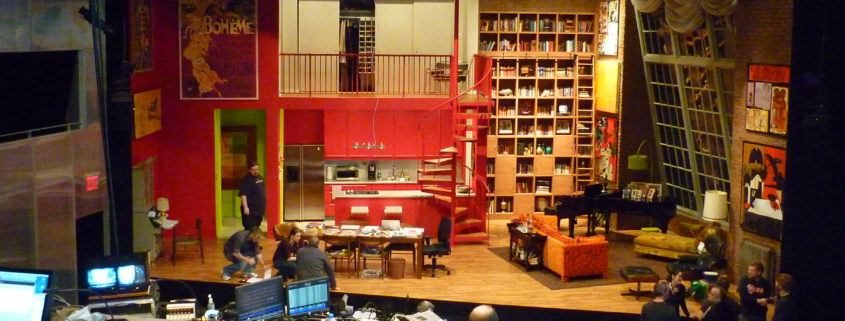So, You Have an Idea for an Opera…
On our EiO website, we have a form where artists can submit proposals to be considered for our future seasons. We get a steady stream of opera pitches at this address every week and try to get back to everyone in due time. Since we find many similarities in how composers conceive of their projects, here are some helpful questions to consider as you embark on the initial planing stages of your project.
This list is by no means exhaustive, but should spark some thoughts and/or ideas. Also, our questions are mainly geared towards first time opera-makers who may be working independently of a large institution. (If you already have a commission for a piece to be performed at the Met Opera, you probably know this stuff already):
-
Can you fully describe your opera in a single sentence?
- While it’s not likely that any large project can be fully captured in a single sentence, it is wise to have a way to share the story, ideas, characters of your piece so succinctly that others can remember it when they try to tell their friends and associates about it.
-
What is the projected scale of your work?
- Production scale is a key question when estimating how much funding you will need to realize your operatic vision. Our recommendation is to organize your idea around a moderately sized ensemble of singers and instrumentalists. Is there an existing ensemble in mind? If this is your first opera, a limited scale can facilitate getting your project off the ground.
-
What kind of budget are you imagining for your work?
- Talking about money is tough, so it might not be the best idea to bring up your proposed budget during your first pitch, but one is often better off having a preliminary budget when starting a collaboration with a producer. Perhaps you haven’t thought of everything that you may eventually need, but at least you can begin organizing your ideas around the main constraint of independent opera.
-
What would be your visual or theatrical strategy?
- We get most of our pitches from composers, so we don’t expect production or costume sketches, but we do find it important that someone has given some thought to the overall look of their piece. When sending a proposal, it is helpful to include a photo or drawing, even if it is just something you found online. Opera is a multi-disciplinary form, so demonstrating one’s ability to imagine the work beyond the music is key.
-
How can you share your ideas before they become too fully-formed?
- We almost never choose to work with pieces that are completely finished. A finished piece gives the producer very little chance to make an impact on the terms and quality of a piece. Reach out to collaborators as you begin a project to maximize room for conversation and investment. You may believe that it is best to wait until the piece is fully formed to share, but you should realize that this approach limits the possibilities of others to get involved.
-
Are you able to clearly articulate what you have to offer as a partner?
- Most successful projects include multiple parties bringing their strengths to the table. You may be looking for an opera production company to fundraise for and promote your project. But if you are an active artist you probably have relationships, audiences, musicians and other established resources that will also bolster the project. Be clear about what you are bringing to the table as you begin your project. We can also suggest artists from our network to help round out the initial collaborative partnerships.
-
How well do you know the organization that you are pitching?
- You should avoide sending a proposal for a full orchestra, chorus, and 8 soloists to an organization that only works in small theaters. Before you send in your proposal, get to know the organization you are pitching to. This means not only perusing their website, but also, if you are serious, going to at least one of their performances. Not every organization operates the same way, so you want to make sure you can use language and ideas that are pinpointed to a specific group of readers.
— Aaron, Jason and Matt



